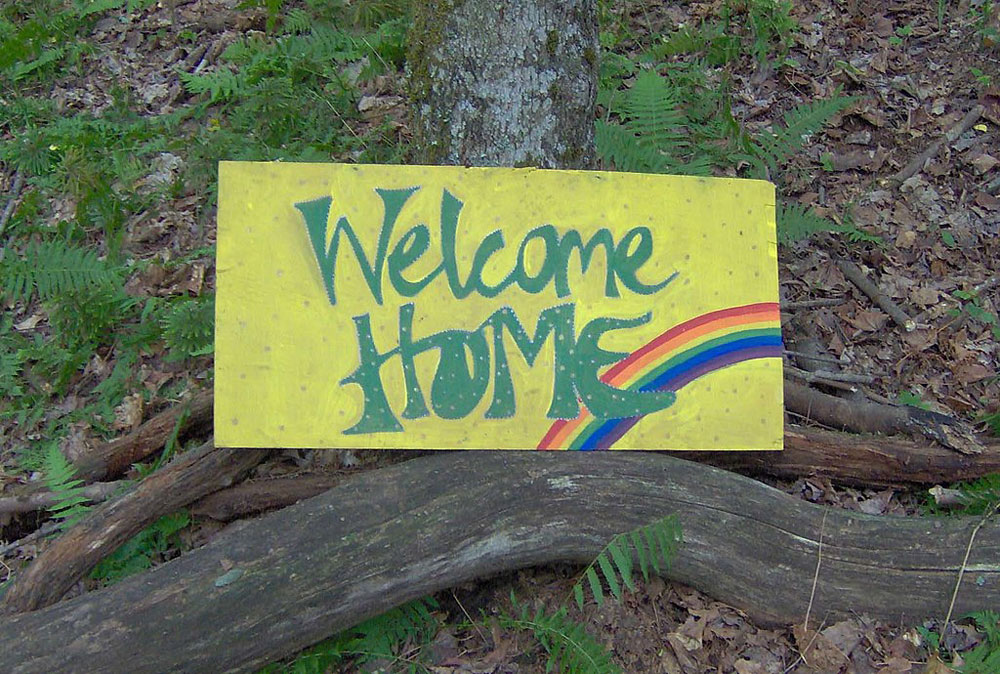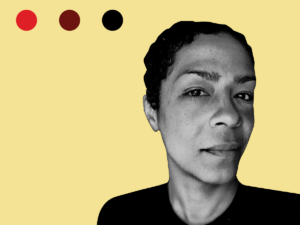
October 8, 2019; Mother Jones
People leaving prison are more likely to experience homelessness or settle for less-than-decent living conditions. A California nonprofit aims to change that.
Private prisons are already an unnecessary evil—a modern-day system orchestrated to disadvantage people of color. NPQ has covered the blight that is private prisons for years. In 2016, NPQ’s Ruth McCambridge covered a story of Arkansas prison labor used to demolish homes without any kind of protective gear. Earlier this year, NPQ’s Erin Rubin wrote about families protesting the terrible jail conditions in Brooklyn’s Metropolitan Detention Center after a power failure. And, as NPQ reported, when prisoners went on strike against the labor conditions—those more akin to slavery than labor—the prisoners faced consequences for exercising their right to protest.
The ACLU’s website lists pages of the issues at prisons: a lack of proper medical and mental healthcare, the “skyrocketing” number of women and girls stuck in the criminal justice system in the past couple of decades, and more. And if being put through subpar conditions and meant to labor in terrible conditions for basically no wages weren’t enough, our systems make it almost impossible for people to transition back into a happy and healthy civilian life after prison.
A couple of statistics were recently listed in a Mother Jones article:
- “At least 30,000 people are released from state prisons every year.”
- “Formerly incarcerated people are almost 10 times more likely to be homeless than the rest of the public.”
Looking at those numbers in context with California’s housing problems, one can see how those leaving incarceration are further disadvantaged.
Sign up for our free newsletters
Subscribe to NPQ's newsletters to have our top stories delivered directly to your inbox.
By signing up, you agree to our privacy policy and terms of use, and to receive messages from NPQ and our partners.
According to Mother Jones, the Oakland nonprofit Impact Justice wanted to create a sort of Airbnb system, but for those getting out of prison and transitioning back into civilian life. In 2018, the Homecoming Project was born. Since then, the Project has settled 12 formerly incarcerated individuals into private homes—completely rent-free. Though it seems small compared to the number of people leaving incarceration and facing homelessness and instability, it still shows strength in innovation and people’s willingness to form community bonds, to let go of tired stigmas, and to realize the human decency owed to everyone.
The nonprofit uses funding to pay private homeowners a stipend of about $750 a month. They say this is part of the “community healing the community,” as the money goes to community members to spend in the local economy, rather than to for-profit transition programs. By providing stable housing, the program aims to reduce recidivism and help those who do not qualify for programs due to their longer sentencing periods. The program also helps with the transition process by providing a more normal living situation and the feeling of independence.
Programs like the Homecoming Project empower individuals to continue their unique journeys. Better still, the whole community gets to play an important part.
As NPQ reported this past month, California—after New York, Iowa, and Illinois—has decided to ban the state use of private prisons. NPQ more recently noted how Families Belong Together was able to put pressure on banks and financiers to divest and end their lending relationships with private prisons.
This is not where we need to be—not even close. But it will be interesting to watch as nonprofits push for programs to help people realize they are “worth way much more than a cardboard box.”—Sarah Miller













